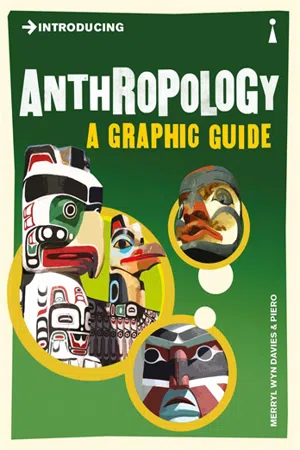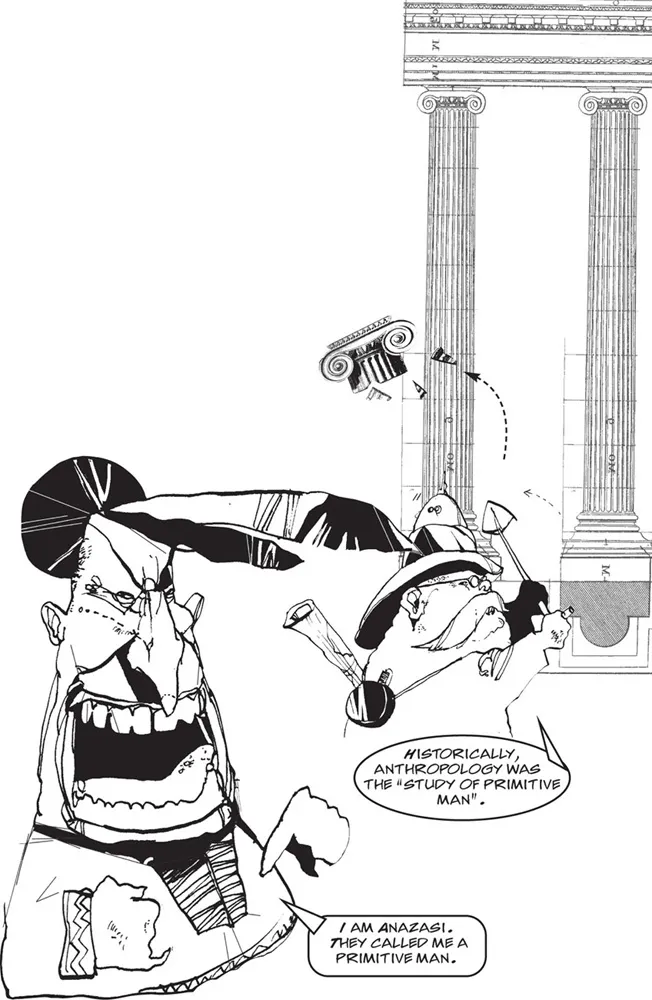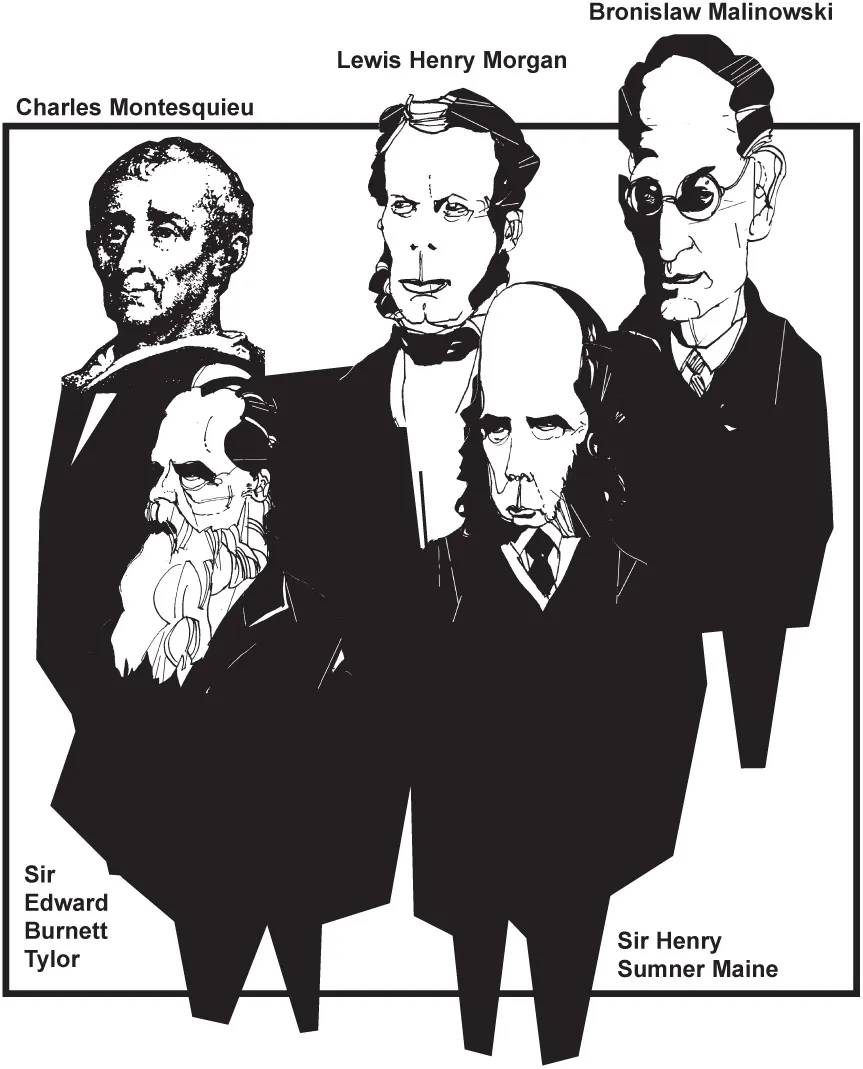
- 176 pages
- English
- ePUB (mobile friendly)
- Available on iOS & Android
About this book
Anthropology originated as the study of 'primitive' cultures. But the notion of 'primitive' exposes presumptions of 'civilized' superiority and the right of the West to speak for 'less evolved' others. With the fall of Empire, anthropology became suspect and was torn by dissension from within. Did anthropology serve as a 'handmaiden to colonialism'? Is it a 'science' created by racism to prove racism? Can it aid communication between cultures, or does it reinforce our differences? "Introducing Anthropology" is a fascinating account of an uncertain human science seeking to transcend its unsavoury history. It traces the evolution of anthropology from its genesis in Ancient Greece to its varied forms in contemporary times. Anthropology's key concepts and methods are explained, and we are presented with such big-name anthropologists as Franz Boas, Bronislaw Malinowski, E.E. Evans-Pritchard, Margaret Mead and Claude Levi-Strauss. The new varieties of self-critical and postmodern anthropologies are examined, and the leading question - of the impact of anthropology on non-Western cultures - is given centre-stage. "Introducing Anthropology" is lucid in its arguments, its good humour supported by apt and witty illustrations. This book offers a highly accessible invitation into anthropology.
Frequently asked questions
- Essential is ideal for learners and professionals who enjoy exploring a wide range of subjects. Access the Essential Library with 800,000+ trusted titles and best-sellers across business, personal growth, and the humanities. Includes unlimited reading time and Standard Read Aloud voice.
- Complete: Perfect for advanced learners and researchers needing full, unrestricted access. Unlock 1.4M+ books across hundreds of subjects, including academic and specialized titles. The Complete Plan also includes advanced features like Premium Read Aloud and Research Assistant.
Please note we cannot support devices running on iOS 13 and Android 7 or earlier. Learn more about using the app.
Information
What is Anthropology?

What is “Primitive”?

Studying People

Anthropology’s Big Problem

The Other

The Changing Problem


The Origins of Anthropology

The Founding Fathers

Table of contents
- Cover
- Contents
- Title Page
- Copyright
- What is Anthropology?
- Further Reading
- About the Author and Artist
- Acknowledgements
- Other Introducing Books …
- Index